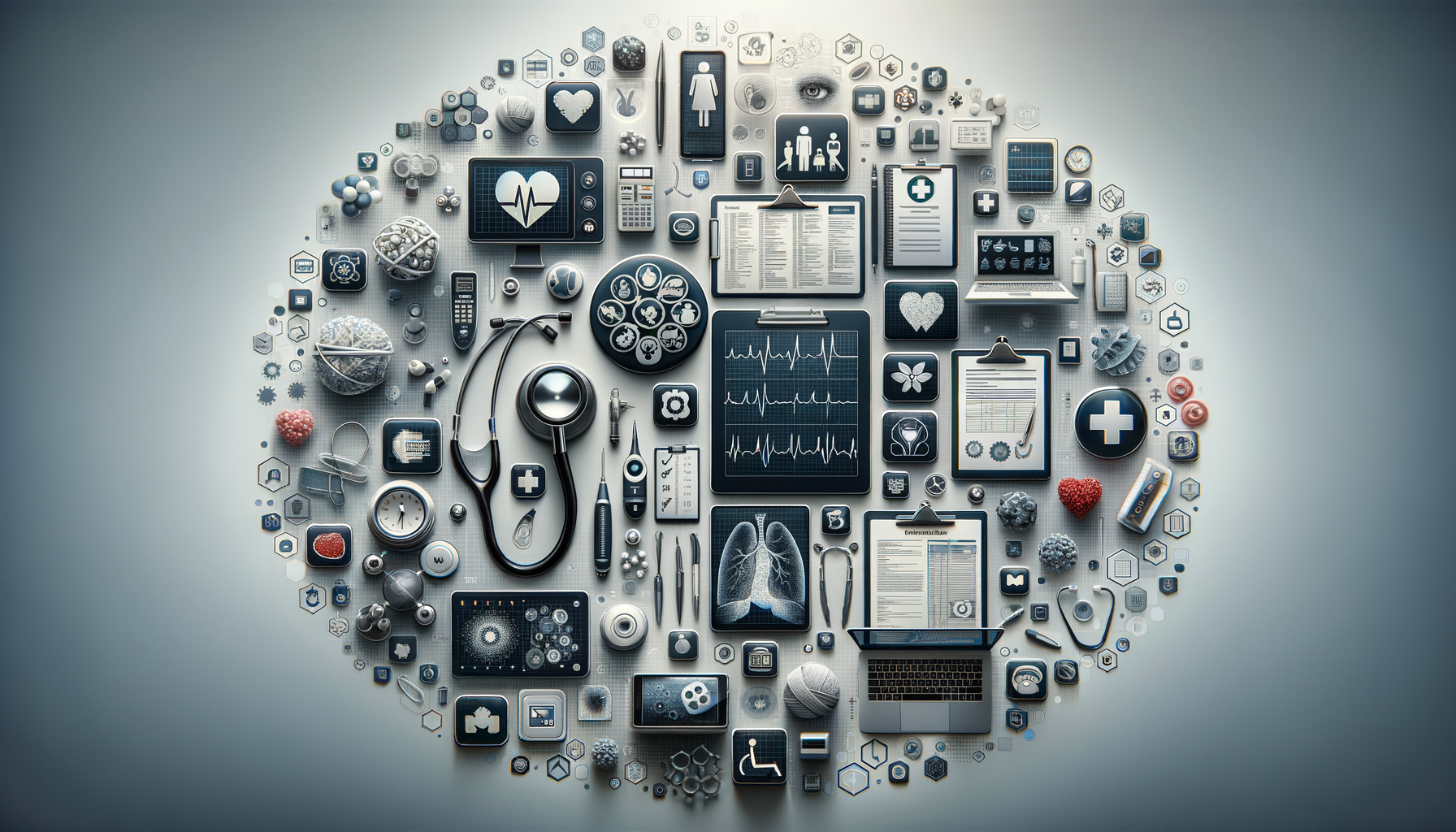The Administrative Backbone
Medical assistants often serve as the administrative backbone of healthcare facilities. Their responsibilities in this area include managing patient records, scheduling appointments, and handling billing and insurance claims. By maintaining organized and accurate records, medical assistants ensure that healthcare providers have the information they need to deliver effective care. This aspect of their role is crucial, as it directly impacts the efficiency of the healthcare system.
Moreover, medical assistants are frequently tasked with greeting patients, answering phones, and managing correspondence. These duties require excellent communication skills and a friendly demeanor, as medical assistants are often the first point of contact for patients. Their ability to handle these tasks efficiently contributes to a positive experience for patients and helps maintain the smooth operation of the healthcare facility.
In addition to these routine duties, medical assistants may also be involved in more complex administrative tasks. For instance, they might assist in the implementation of electronic health records (EHR) systems or participate in quality improvement initiatives. By taking on these responsibilities, medical assistants play a key role in the modernization and improvement of healthcare services.
Clinical Support and Patient Care
Beyond administrative tasks, medical assistants provide vital clinical support to healthcare professionals. They often perform basic clinical procedures such as taking vital signs, drawing blood, and preparing patients for examinations. These tasks require a solid understanding of medical practices and procedures, as well as attention to detail and precision.
Medical assistants also have a direct impact on patient care. By assisting with examinations and procedures, they help ensure that patients receive timely and effective treatment. Their role in patient care extends to educating patients about their conditions and treatments, which can empower patients to take an active role in managing their health.
Furthermore, medical assistants often serve as a liaison between patients and healthcare providers. They communicate patient concerns and questions to the medical team, ensuring that patients’ needs are addressed promptly. This aspect of their role is particularly important in fostering a trusting relationship between patients and healthcare providers.
Specialized Roles and Settings
Medical assistants can also work in specialized roles and settings, which may require additional training and expertise. For example, some medical assistants choose to work in specific areas such as pediatrics, geriatrics, or cardiology. In these roles, they may perform specialized tasks related to the specific needs of these patient populations.
Working in specialized settings often requires medical assistants to have a deeper understanding of the particular medical conditions and treatments associated with their chosen field. This knowledge allows them to provide more targeted support to healthcare providers and patients, enhancing the quality of care delivered.
Additionally, medical assistants working in specialized roles may have opportunities for career advancement and professional development. By gaining expertise in a particular area, they can increase their value to employers and potentially take on more advanced roles within the healthcare system.
The Evolving Role of Medical Assistants
The role of medical assistants is continually evolving, driven by changes in healthcare delivery and technology. As healthcare systems adopt new technologies and practices, medical assistants must adapt to these changes to remain effective in their roles. This evolution presents both challenges and opportunities for medical assistants.
One significant change is the increasing use of electronic health records (EHR) and other digital tools in healthcare. Medical assistants must be proficient in using these technologies to manage patient information and support healthcare providers effectively. This proficiency not only improves the efficiency of healthcare delivery but also enhances the accuracy and accessibility of patient data.
Furthermore, the expansion of telemedicine and remote patient monitoring is creating new opportunities for medical assistants. They may be involved in coordinating telehealth appointments, managing remote patient data, and assisting with virtual consultations. These new responsibilities require medical assistants to develop new skills and adapt to changing healthcare environments.
Conclusion: The Indispensable Role of Medical Assistants
Medical assistants play an indispensable role in the healthcare industry, bridging the gap between administrative tasks and patient care. Their diverse responsibilities ensure the smooth operation of healthcare facilities and contribute to the delivery of high-quality patient care. As the healthcare landscape continues to evolve, the role of medical assistants will likely expand, offering new opportunities for those in the profession.
For individuals considering a career as a medical assistant, the field offers a rewarding and dynamic career path. With opportunities for specialization, professional development, and career advancement, medical assistants can make a significant impact on the healthcare system and the lives of the patients they serve.
In summary, medical assistants are vital members of the healthcare team, providing essential support that enables healthcare providers to focus on delivering exceptional patient care. Their contributions are invaluable, and their role will continue to grow in importance as healthcare systems evolve.




Leave a Reply